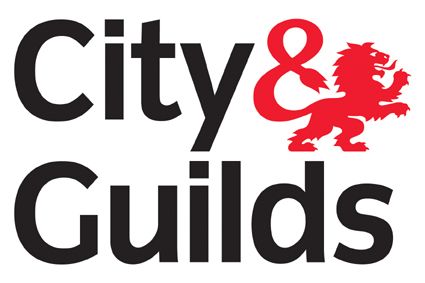News | 6th April 2020
Why we need to put it in writing
Put it in writing, or it never happened, and if it did happen, it wasn’t the way you thought it happened. The brakes are firmly on much of the UK construction industry at present. Uncertainty, doubt, and yes, perhaps fear have gripped many in the subcontract supply chain.
Fear is an essential and legitimate emotion that brings focus to danger and helps us determine our fight or flight strategy. As the construction activity across the nation winds down, the electrical sub-contractor community, especially those in tier three, must be careful not to take flight without first mitigating against the potential impact of the unemotional conditions in a binding contract or the T&C’S on the back of a purchase order.
Writing to the tier above you and responding to inbound correspondence from them regarding proposed intentions or actions must not be overlooked. Remember the last written reply in a communication exchange is likely to be understood by other third parties as the accepted outcome. So, have the last word.
Sympathy, empathy, and tolerance by those in the structures above you may fade when it comes to blame, money and penalties.
If it’s not written down, clearly communicated and defended, then your business is at risk of loss or becoming lost. Don’t be naive. Don’t expect your key contact to bail you out when a serious dispute arises.
Electrical contractors must pay attention to what’s going on in the tier above you. Withdrawing services to protect your workforce may be essential but if you go about it in the wrong way, it may cost more than you think. Beware of a unilateral decision to remove workers from projects. You may end up with safe workers and a sick or dying business. At the time of writing, there is no automatic right to withdraw services from a contract because of the current conditions.
Now is the time to communicate, mitigate, and negotiate. Do it all in writing.








